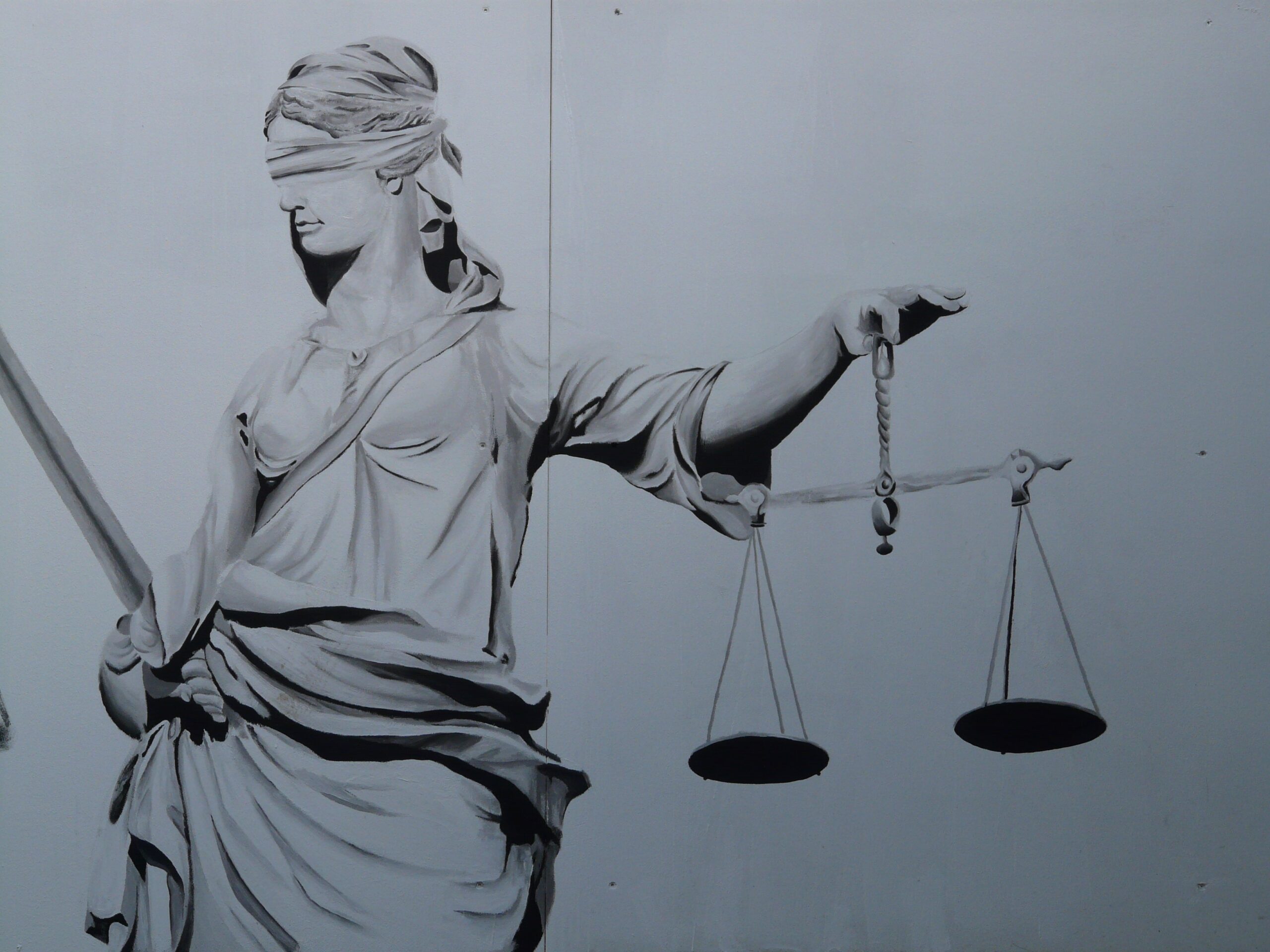Understanding the Mental Health Courts in NYS
In recognition that some of those involved in the criminal legal system have specific needs, New York has several problem-solving courts. These courts provide special services to families, to veterans, and to those with drug problems. Additionally, as discussed in the blog last week, there are also mental health courts in some jurisdictions in New York. So what do these courts do and how do they help individuals?
How Mental Health Courts Work
If a person is arrested in New York, they will be processed in the usual way. However, in certain jurisdictions, a person may be eligible for diversion to a mental health court. In some circumstances, if the person has a mental health issue that is related to their current charges, their case may be transferred to a treatment court.
After an individual has been accepted to the program, an individualized treatment plan will be developed that includes court mandates. Prior to successful completion of and graduation from treatment court, the individual must meet those mandates. If an individual completes the program, the criminal charges he or she is facing may be reduced or dismissed completely.
In New York, there are now 41 mental health courts. Throughout the country, there are many more such programs. Overall, the goal is to reverse the trend toward the criminalization of mental illness and instead connect individuals with community-based treatment and support services that encourage recovery.
Admission to Mental Health Court
For people to participate in mental health court, it must be their affirmative choice. This means that if a person is eligible, they must voluntarily choose to participate in the program. To successfully complete the program, an individual must actively take part in their treatment and want to succeed.
Unfortunately, even for those who really want to take part in treatment court, they may not be eligible. Admission to the program is based on eligibility criteria determined by the court and/or the District Attorney’s Office. Additionally, a person’s case will only be transferred if it is believed this will not create an increased risk to public safety.
The nature of the crime will be considered prior to an individual’s acceptance into the treatment court. For example, if a defendant is charged with a violent felony offense, an individual may not be accepted. Additionally, a review of an individual’s medical and mental health treatment history will also occur prior to acceptance into the program. If a person does not demonstrate that their mental health concerns contributed to the present offense, they may not be accepted to the program.
There are also constraints on the number of cases the mental health court can take. Often times, resources are limited and not every individual can be accepted – even if every person has mental health needs. Sometimes, other court programs such as Mental Health Alternatives to Incarceration (MHATI) may need to step in if the treatment court cannot accept the individual.
References:
- New York Courts.gov, Problem Solving Courts: Mental Health Courts. Available at: https://ww2.nycourts.gov/mental-health-courts-overview-27066 (last accessed Nov. 13, 2023).
- Paula L. Green, “Mental Health Courts Operate With Compassion,” New York State Bar Association: Latest News (Jan. 23, 2023). Available at: https://nysba.org/mental-health-courts-operate-with-compassion/ (last accessed Nov. 13, 2023).
- Courtney Gross, “The barriers to getting into mental health court,” Spectrum News NY1 (Jan. 17, 2023). Available at: https://ny1.com/nyc/all-boroughs/public-safety/2023/01/17/ny1-investigation–the-barriers-to-getting-into-mental-health-court (last accessed Nov. 13, 2023).
Image: CC0 1.0 Universal

